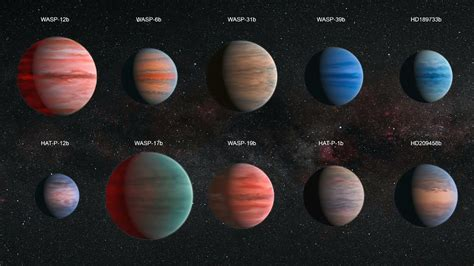
The quest to determine whether we are alone in the universe has captivated humanity for generations. With advancements in technology and astronomy, our ability to explore this profound question has significantly improved.
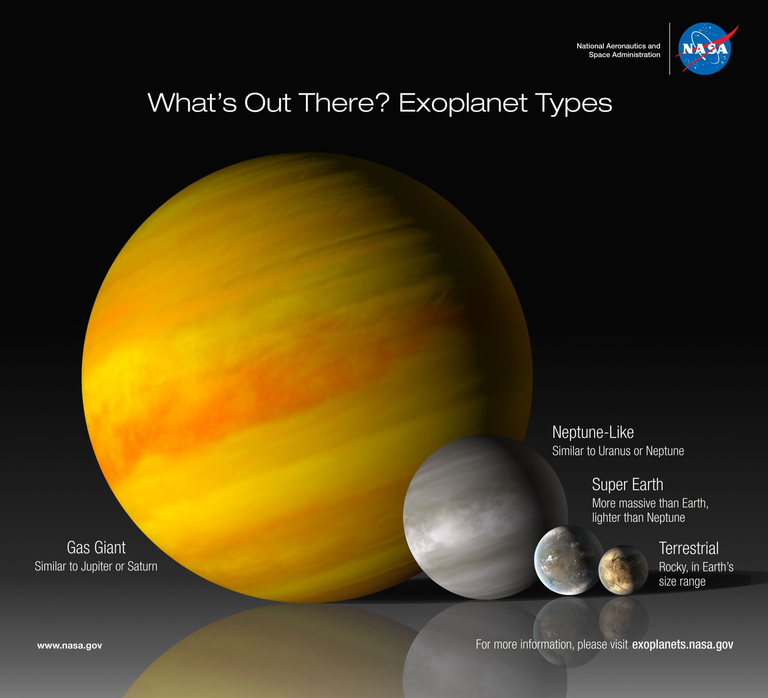
The Proliferation of Exoplanets
Observations from both ground-based and space telescopes have confirmed the existence of thousands of exoplanets—planets orbiting stars beyond our solar system. Our galaxy, the Milky Way, is estimated to contain at least 100 billion such planets. This vast number raises the possibility that some of these worlds may harbor conditions suitable for life.
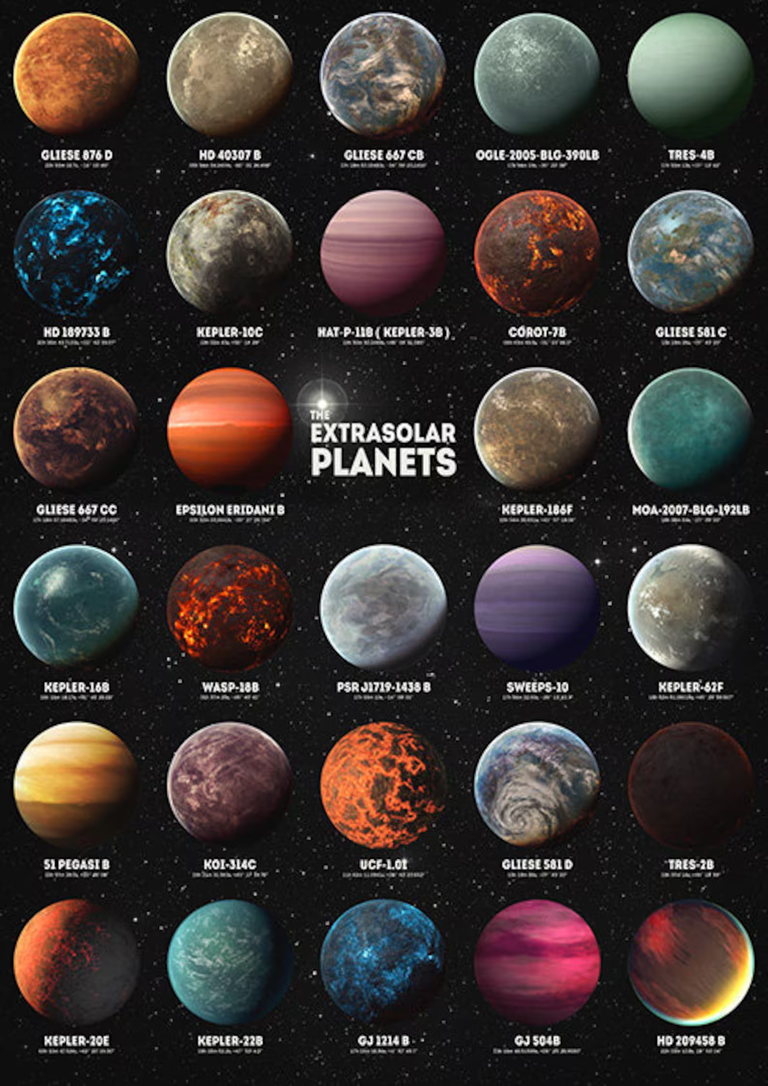
The Search for Extraterrestrial Intelligence (SETI)
Efforts to detect intelligent extraterrestrial life have been ongoing for decades. The SETI project employs various techniques, including listening for radio transmissions from other star systems. While challenges persist—such as distinguishing potential alien signals from Earth-based interference—the endeavor continues to refine its methods in the hope of making contact.
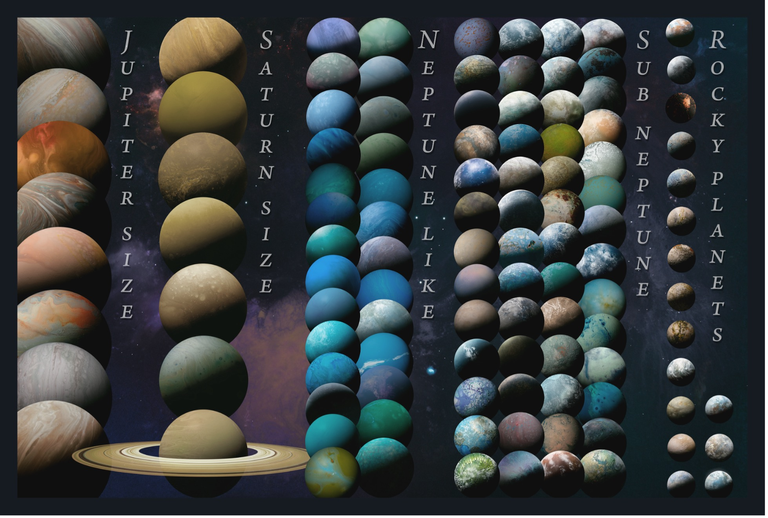
The Fermi Paradox
Despite the high probability of numerous habitable planets, we have yet to find definitive evidence of extraterrestrial civilizations. This conundrum is encapsulated in the Fermi Paradox, which questions why, given the vastness of the universe and the potential for life, we have not yet encountered any signs of alien beings.
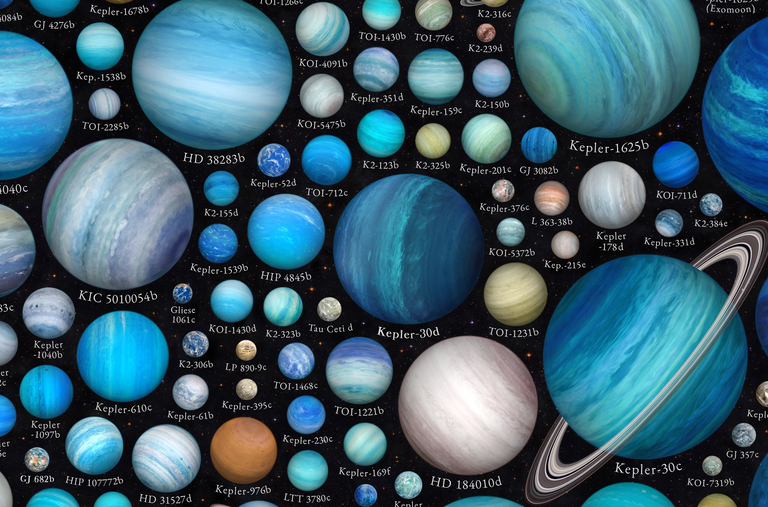
Recent Developments
Advancements in space exploration and technology have accelerated the search for extraterrestrial life. The James Webb Space Telescope (JWST) has provided unprecedented insights into the universe's origins and the potential habitability of newly discovered exoplanets, such as Gliese 12 b. These findings suggest that the existence of life beyond Earth may be more plausible than previously thought.

Conclusion
While definitive evidence of extraterrestrial life remains elusive, the combination of numerous exoplanet discoveries, ongoing SETI efforts, and technological advancements keeps the possibility alive. As our tools and methods continue to improve, we move closer to potentially answering the age-old question: Are we alone in the universe?